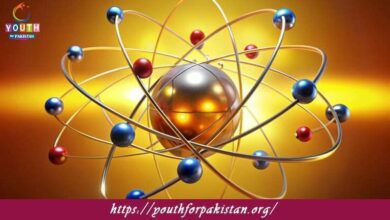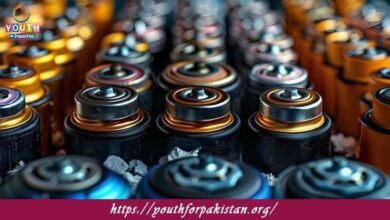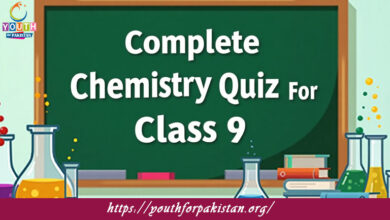9th Class Biology Chapter 7 Quiz with Answers

“9th Class Biology Chapter 7 Quiz: Bioenergetics” is a very interesting part of the biology curriculum, dealing with energy flow in living organisms. This chapter is extremely important for MDCAT students since it explains all the processes through which energy is provided for life, including photosynthesis and cellular respiration. Our MDCAT Quiz for this chapter revolves around important concepts that will help students understand the mechanisms by which energy is produced and utilized—something necessary to excel in medical entry tests.
Bioenergetics is the study of how energy is transformed and used by living organisms to carry out the processes of life. Students will learn about photosynthesis, the process by which plants transform solar energy into chemical energy, and cellular respiration, the breakdown of glucose to release energy stored in ATP. The chapter also emphasizes the importance of chloroplasts and mitochondria, the specialized organelles where these processes take place. Further, concepts such as anaerobic respiration and fermentation are discussed, linking them to practical applications in medicine and industry.
MDCAT Quiz: Test Your Bioenergetics Knowledge
Our MDCAT Quiz for Chapter 7 is designed to provide wide-ranging practice on crucial aspects, such as the phases of photosynthesis, glycolysis, Krebs cycle, and electron transport chain. It will also test the role of ATP and compare aerobic with anaerobic respiration. Such quizzes not only serve to highlight weak areas but also make the student well-prepared and confident to tackle even very difficult questions of bioenergetics in the MDCAT exam.
- Test Name: 9th Class Biology Chapter 7 Quiz
- Type: Quiz Test
- Total Questions: 30
- Total Marks: 30
- Time: 30 minutes
Note: Answer of the questions will change randomly each time you start the test, once you are finished, click the View Results button.
Free Flashcards for Bioenergetics
Prepare efficiently with our free flashcards for Chapter 7. These flashcards summarize essential terms like photolysis, chemiosmosis, NADP+, and oxidative phosphorylation, making it easier for students to review and retain key concepts. Flashcards are a powerful tool for reinforcing memory, especially when revising intricate processes before exams.

What is the term for the fluid-filled space inside the chloroplast where the Calvin cycle takes place?
Stroma

What is the role of carotenoids in photosynthesis?
Accessory pigments that broaden the spectrum of light for photosynthesis

What is the primary function of the Calvin cycle in photosynthesis?
Synthesize glucose from carbon dioxide

What is the role of the thylakoid membrane in photosynthesis?
Location of the light-dependent reactions

What is the term for the process of converting carbon dioxide into organic compounds during photosynthesis?
Carbon fixation

What is the term for the process of converting light energy into chemical energy in photosynthetic organisms?
Photosynthesis

What is the purpose of the electron transport chain in cellular respiration?
Create a proton gradient for ATP synthesis

What is the term for the process by which ATP is synthesized using the energy stored in a proton gradient?
Chemiosmosis

What is the role of oxygen in cellular respiration?
Final electron acceptor in the electron transport chain

What is the primary function of the electron transport chain?
Generate a proton gradient for ATP synthesis
Experience the real exam environment with our expertly designed collection of over 25,000 MCQs MDCAT Mock Tests.





